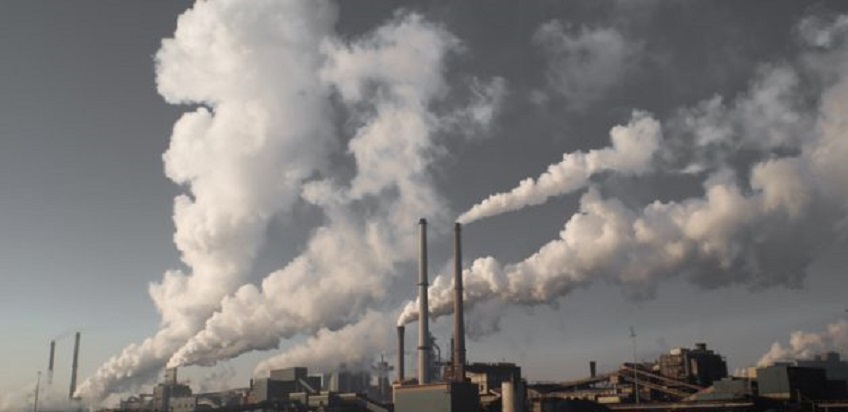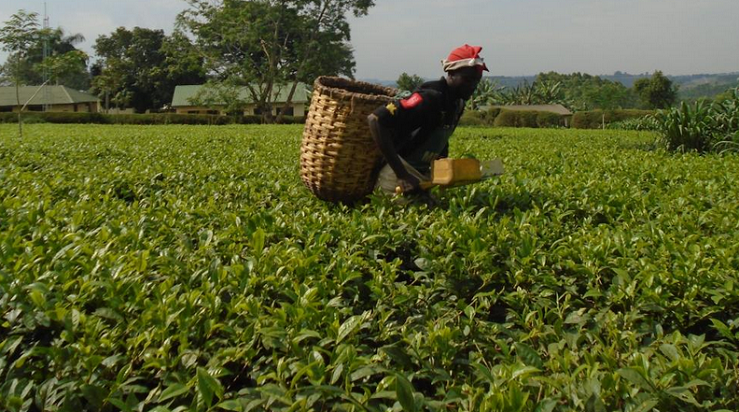If government is to avert deaths in children happening as a result of air pollution related diseases such as pneumonia, experts at the Makerere University Lung Institute are urging them to focus on how to control to control household pollutants.
Dr. Rebecca Nantanda a pediatrician based at the Institute says latest data points to the fact that about 56% of pneumonia deaths are a result of house hold air pollution which mostly affects children below five years. She says 44% of these deaths are due to ambient or outdoor pollution.
Household air pollution is mostly generated by house hold fuel combustion for instance cooking within the house which causes inhalation of impure gases resulting from burning of charcoal or fire wood. Experts also say houses that don’t have good ventilation can be a danger to the children.
This danger in Uganda is increasing as Nantanda says the 2021 Every Breath Counts scorecard released a week ago has put Uganda high at among the top twenty countries across the globe where pollution is fueling childhood pneumonia.
Through mobile monitoring where researchers have placed devices on boda bodas around Kampala and Wakiso districts, Nantanda says they have found areas of Rubaga, Kawempe, Bweyogerere and Namugongo to have very bad quality of air, something that badly affects sensitive groups like children and the elderly of 70 years and above.
She says Namugongo has had the worst measures among those areas.
Explaining that air pollution affects children right from when they are still in the womb, Nantanda says when pregnant women inhale pollutants such as particulate matter or carbon monoxide, they move through the lungs to the blood stream into the placenta leading to inflammation of the placenta.
As a result when the child born to such mothers are at a heightened risk of developing pneumonia because of sub-optimal lung function.
Researchers say they have started with creating awareness about the danger of biomass smoke to pregnant mothers to beware of how disastrous indoor air pollution can be.
So far, they say communities have shown interest in how they can be helped to use clean air by for instance using better cook stoves.
-URN





